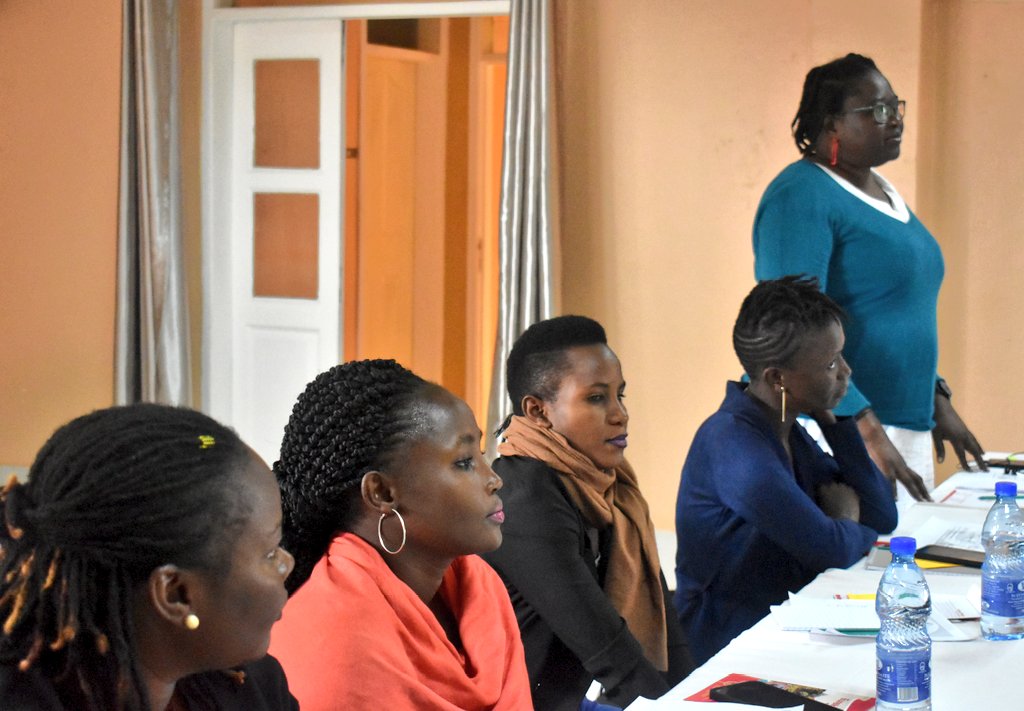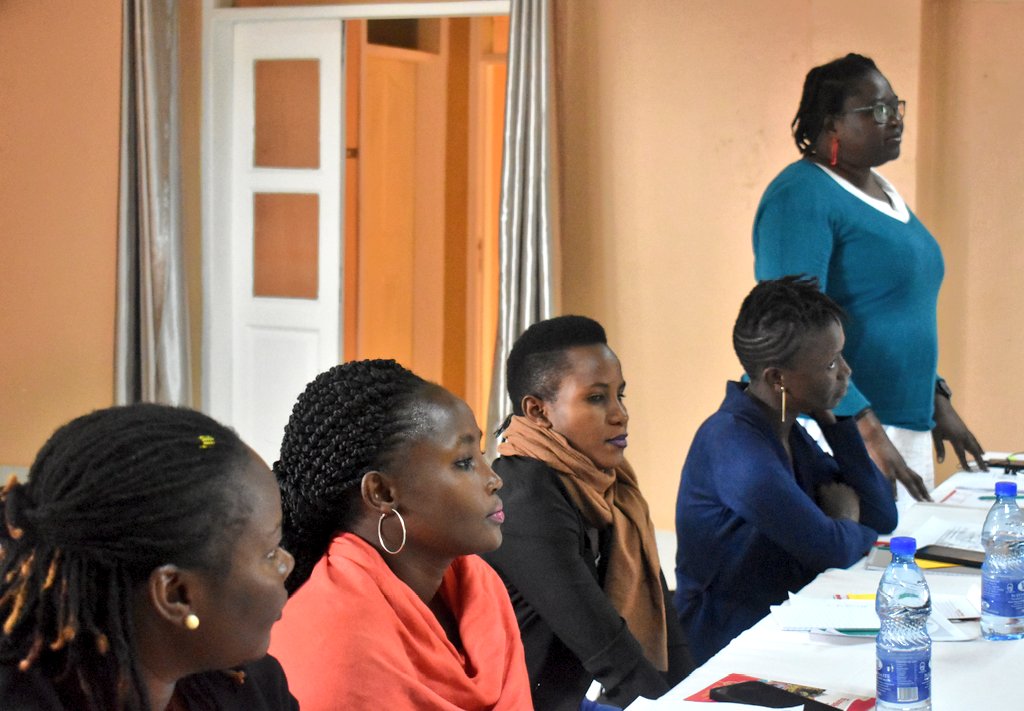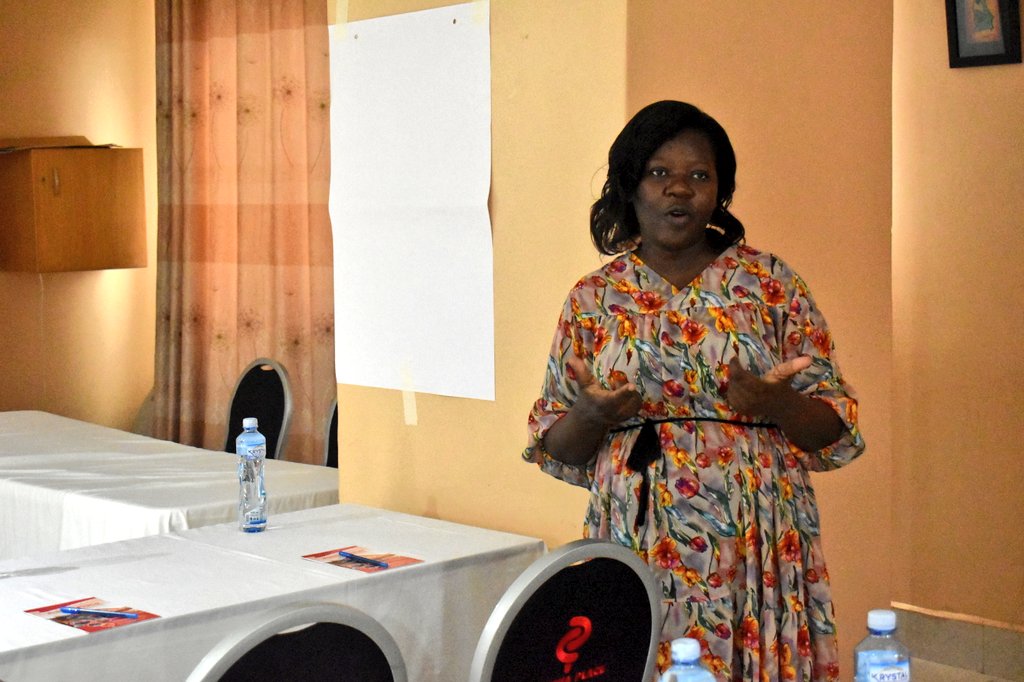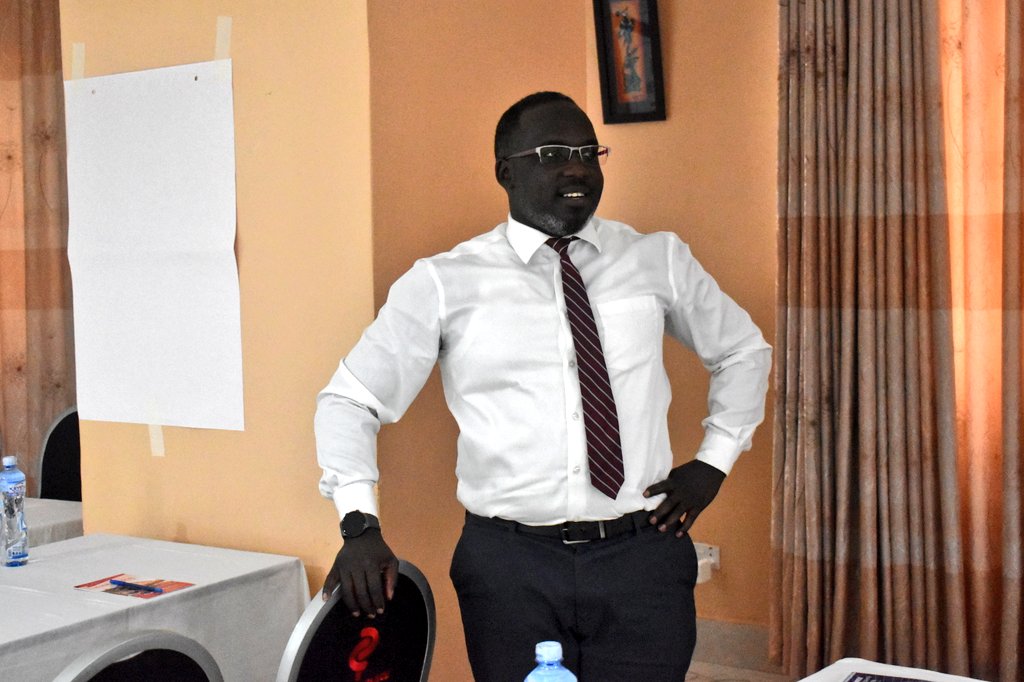
 Mama FM
Mama FM

 Mama FM
Mama FM
17 March 2023, 9:39 pm
Byamukama Alozious > byamukamaalozious1993@gmail.com
Uganda Women’s Network-UWONET has completed a two day training on neutral communication and reporting to enhance gender to about 40 journalists from different regions of Uganda

The basis of this training was after UWONET’s research which shows that in Uganda, the myriad challenges to gender equality range from explicit structural barriers, such as ineffective law enforcement, to implicit social and cultural barriers.
The top women’s movement UWONET is concerned that the most glaring women’s rights policy concerns such as bride price and bride price related violence, widow inheritance, marital rape, lack of property rights, discriminatory marriage and divorce practices, and Violence against Women and Girls which media in Uganda have not been a priority to Uganda’s media therefore a reason for this two day training for Journalists at Eureka Place Hotel in Ntinda Kampala.
The programs Coordinator UWONET, Julian Nalwooga urged Journalists to stick on their role of being key influencers of societal knowledge and should shape narratives and also change societal mindset around women portray in communities. Added that the media is also in a vantage position to set an agenda that can cause community-driven protection of human rights and social justice, especially women’s rights by mainstreaming gender equality and gender responsive attitudes in programming approaches
The Journalists were to trained on different topics which included Gender and Gender concepts, Gender sensitivity , Relation between mass media and Gender, gender responsive reporting principles among others.
Ms. Judith Atim, a Media trainer and who among facilitated the training encouraged Journalists to create content which has a lens for human rights and gender throughout their output at their Media Houses. Judith explained that there is need for equity in the media content with the aim of giving a voice to women who are voiceless content in order to promote equality. She added that a content created with a gender responsive angle promotes equal rights of women and men.

Ms Judith also tipped Journalist to flame messages which promote respect fall all gender, ‘’as journalist when you say women are weaker sex, you are directing society to be against them. You make good journalism when you get to know that woman and men are the same’’.
‘’The choice of words makes the story either good or bad. Journalists should not contribute to the failure of women in the society instead report better and by including women in your stories’’
Ms. Judith reminded media that global Sustainable Development Goal 5 which focuses on reducing inequalities which be archived if media stop portraying women as exceptions but instead focus on their expertise, areas of leadership among other roles
In the some way, Mr. Sean Oseku a media trainer and a facilitator advised Journalists to desist use of insensitive language while packaging stories saying such stories gear stereo typing of women in society which ends in promoting Violence against women and girls.
Uganda is a signinitory to gender policies which include, Uganda national gender policy 2007, and 1981 Convention on the eliminations of all forms of discrimination against women> CEDAW

Uganda national gender policy 2007
It aims at providing guidance in all levels of planning, resource allocation and implementation of development program
1981 Convention on the eliminations of all forms of discrimination against women> CEDAW
The convention recognizes the need of close collaboration with media, communication and information actors and utilizes technologies which include social media to encouraged cultural and social dynamics towards embracing gender equality values.
It’s therefore crucial to work with Government t and state institutions, public and private educational institutions, advertising agencies, civil society organizations, academia, and information systems in undoing discriminatory gender practices.